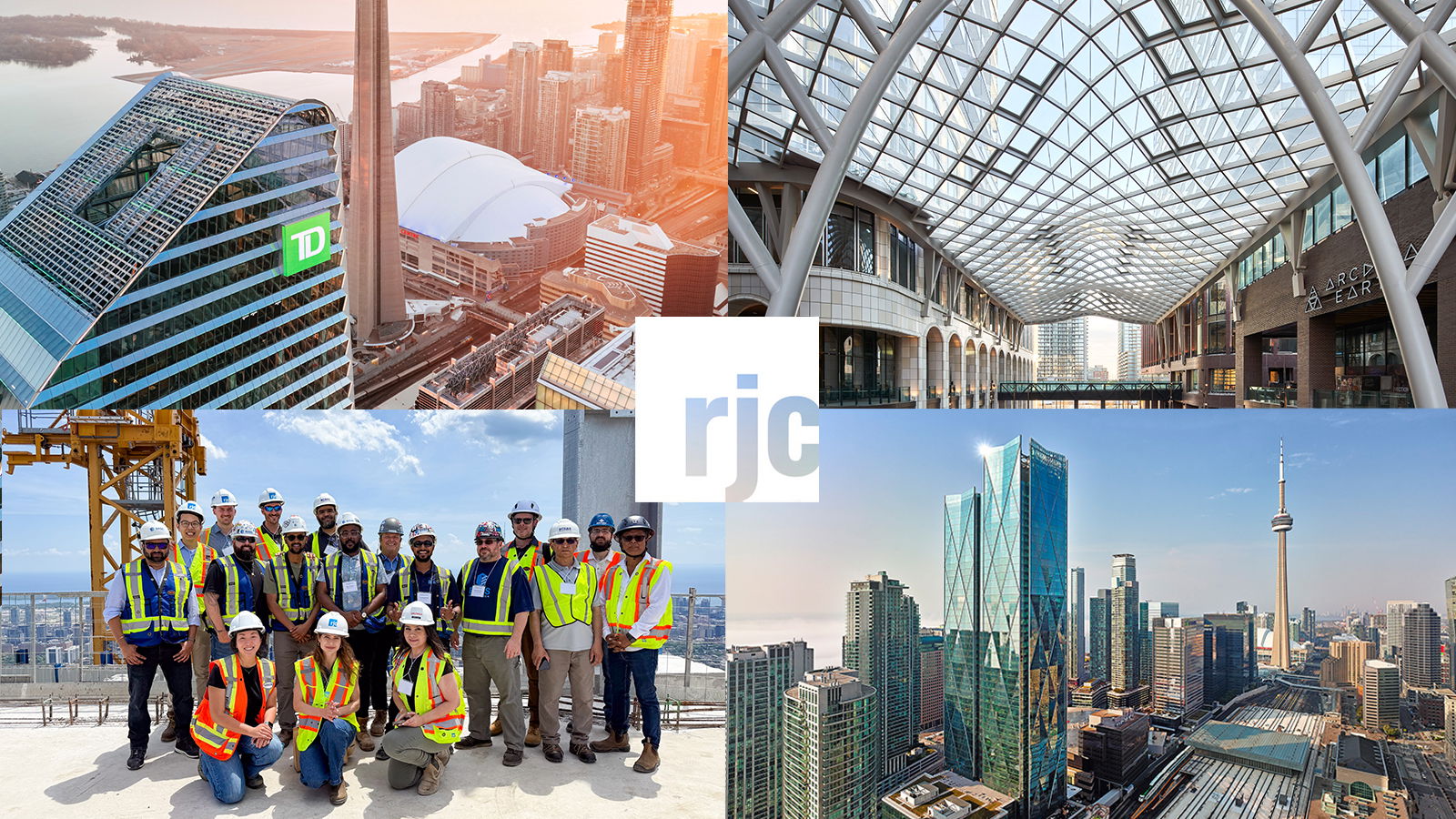- Details

RJC Engineers is proud to share that several of our Toronto projects have been recognized by the Council on Tall Buildings and Urban Habitat (CTBUH) in their 2024 Awards of Excellence. These awards celebrate outstanding achievements in structural engineering, urban integration, construction, and innovation across the globe.
- Details

This May, RJC Engineers proudly celebrates a milestone—five years of shaping Montreal’s built environment. Since opening its Montreal office in 2020, RJC Engineers has increased its local presence to over 20 staff members, delivering structural engineering, façade engineering, and building restoration services across Quebec. Benoit Boulanger, Principal and Regional Manager, helps lead RJC’s operations in the province.
- Details

RJC Engineers is proud to return as a Platinum Sponsor of the 2025 Retrofit Canada Conference, taking place June 9–10 in Toronto at the Automotive Building (formerly Beanfield Centre). This industry-leading event brings together professionals and decision-makers advancing the retrofit economy across Canada, and we’re excited to share our expertise and connect with others shaping the future of sustainable buildings.